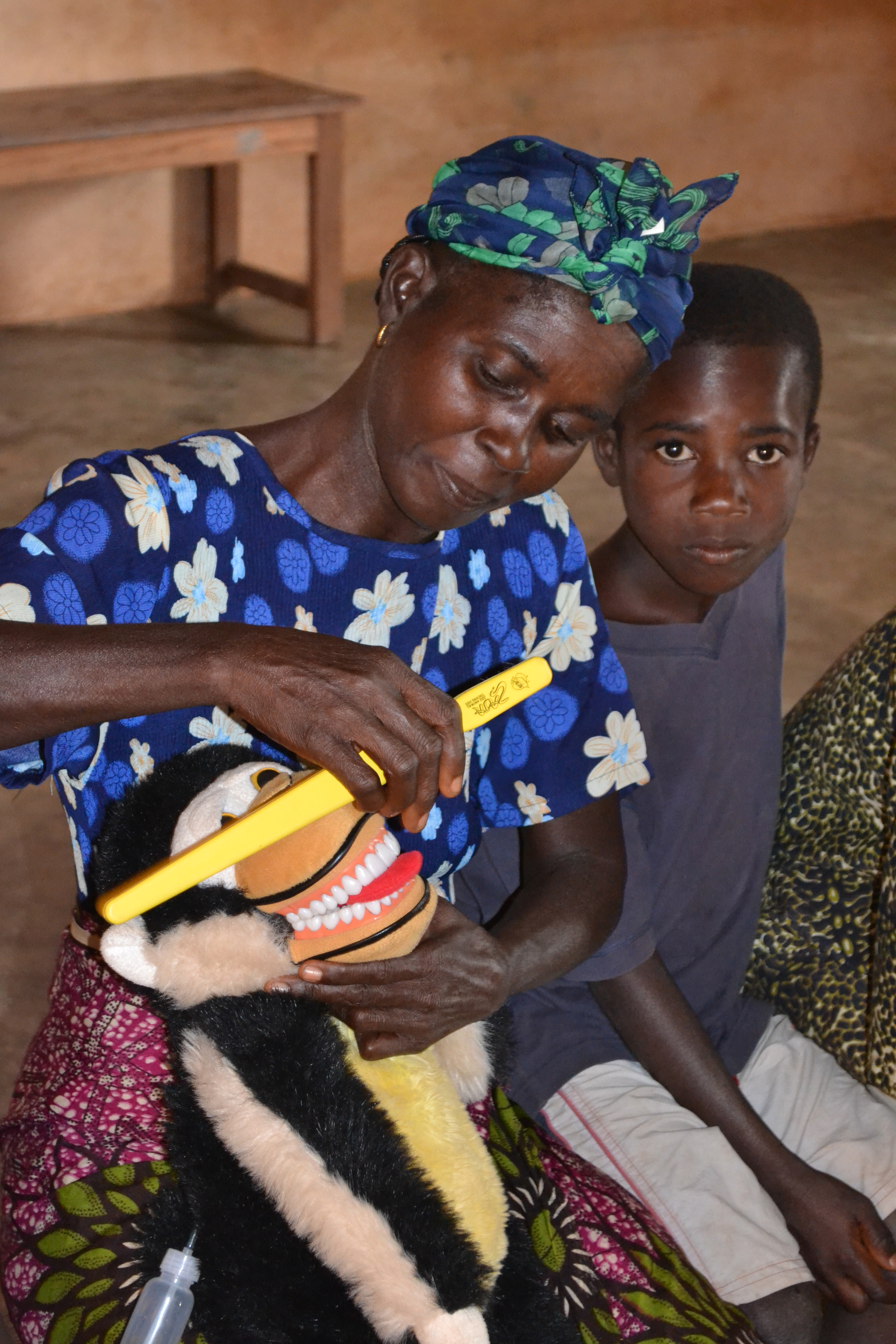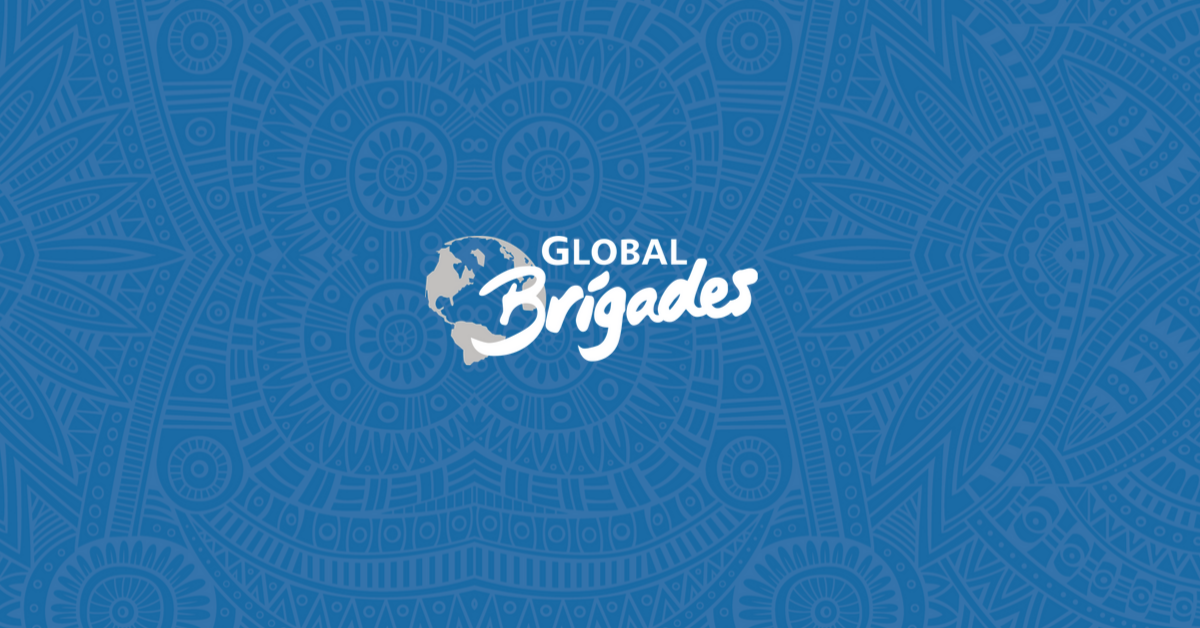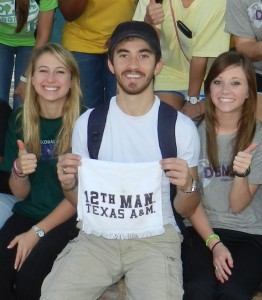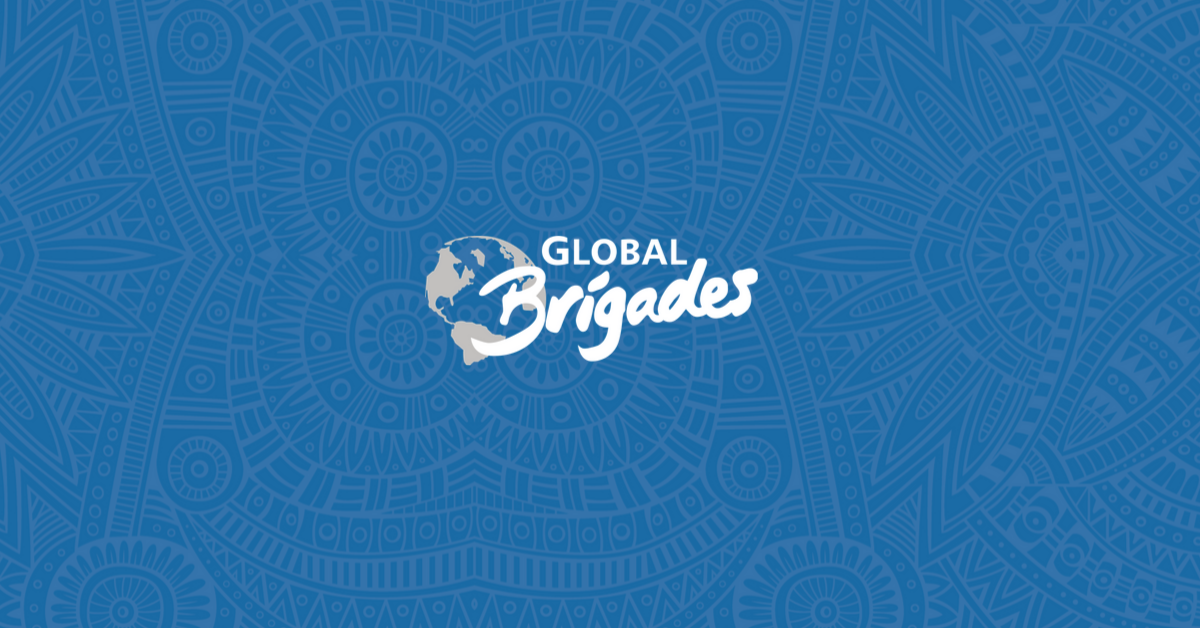Shivana Anand is a third year dental student at King’s College London Dental School. She is also the student liaison for the Dental Wellness Trust. Here, Shivana describes her summer 2011 trip to Ghana. Please check out the original post here and provide your comments and feedback.
——————–
I was in a village called Abwaka, north of the capital Accra. The first couple of days were spent getting to know the inhabitants of the village. The houses were small and made of wood or cement with two rooms and a wash room. A house would on average have four adults, two or four grandparents, up to eight children, and animals too: goats and chickens!
The main problem in the village is the water supply. There is a stream which runs through many communities and it is used for every single event throughout the day – cleaning utensils, bathing children, women and men, urinating, cooking and cleaning plus of course drinking! This stream ends in a small lake in which the village of Abwaka is located. The villagers drink from this contaminated water, which by now has been through all the other villages. They drink the water without boiling or filtering it and many of them are severely ill as a result. Children have parasites and fungal infections over their bodies from bathing in the water, most adults are going blind with parasites in their eyes and young babies are contracting typhoid, fevers and influenza from the water. It is a major problem for the deteriorating health in Abwaka.
There were interpreters hired to help the communication between patient and dentist/doctor. This sounds as though it made our job very easy but it was far from it, there is a required skill to be able to stop patients from being anxious, nervous and scared. There are also a lot of technical words explaining what will happen during the procedure. The language barrier was extremely difficult and proved to be a real strain. The interpreters didn’t have a medical background and at the beginning of the week it was a struggle to form a good rapport with patients via the interpreter. As most procedures could become invasive then it made some experiences with patients really intense and I personally was really affected when children were would be crying and squeezing onto your hands. But once the procedure was finished and they were out of pain it was such a brilliant satisfaction. As the week went on the interpreters learnt quickly what to say and how to treat the patients especially children who were terrified.
Two Ghanian dentists were our supervisors. We had two most amazing dentists, both having graduated in Accra they were fluent in Fonti and had such amazing ways of treating patients. I watched one of the dentists, Albert, with a child who had a rare problem. The child had a tooth coming through the midline of his upper jaw and was stopping the child from closing his mouth and speaking properly. The tooth had to come out. The child was terrified and angry. He refused to open his mouth, when the needle went in he grabbed it with both hands pushing it toward Dr. A, when the instruments came out he slapped Dr. A across the face. I watched Dr. A so cool and calm every step as he finally with such ease and so smoothly went to look and quickly extracted the tooth successfully helping this child grow to be able to speak and eat properly.
We had four days of clinical days…it was absolutely madness! There were huge queues every day for pain relief and cleaning. I saw some of the worst teeth I had ever seen and some of the rarest anomalies also. Some people had rare genetic conditions which was interesting and a once in a life time experience to witness. I got to work with kids too, which we don’t do until our fourth year of dental school. We did not have any dental chairs or drills to work with but made the most of the instruments and materials we had donated or bought via sponsorship. Once materials started to run out we had to improvise. Our disinfection centre was a large bowl, our sharps bin ended up being a Fanta bottle as the others got filled up too quickly, and our “bays” consisted of wooden tables and chairs with us sitting on the nursery wooden chairs!
We got to do oral and public health education also, which involved actually demonstrating all the natural things we in privileged countries already know such as, how to brush, why we brush and when to brush. There was such a lack of oral hygiene education so we made sure every one went through demonstrations. Each patient got given a DWT toothbrush and toothpaste with appropriate instructions on how to use. This ensured all patients got seen, got treatment and had good oral hygiene instructions before getting given their “freebies”!
After a short elective at Hampstead Healthcare, under the supervision of Dr Linda Greenwall, I was lucky enough to have been given hundreds of adult and children’s toothbrushes by the Dental Wellness Trust, to hand out to the people we treated in Ghana. After a briefing on how to maintain good oral hygiene and giving preventative advice, we distributed the toothbrushes. Everyone was so proud of these donations and I am now proud to say I work along side Linda and the Dental Wellness Trust as Student Liaison and Ambassador.





